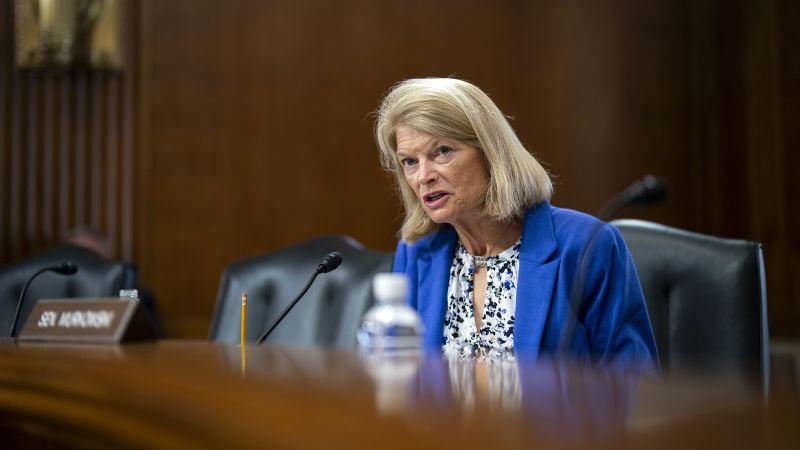My reason for posting this question is to get some perspective, since I don’t live further west than Indiana.
Indiana has a lot of conservative tendencies, usually opposes progressive policies, and a little old school bigotry in the form of religion based disagreement with people’s life styles, like letter community.
From an outsiders perspective, TX, OK, MO etc are even more extreme.
This permalink above from a comment from a person referencing recently proposed legislation against letter community people specifically, though there’s tons of examples of bigotry like the school principal getting sued for discrimination due to a kid’s hair (black hair).
We know Lemmy is a bit more populated with left than right thinkers, but regardless, what’s going on in these western plains states? Is it as bad as it looks?
Do you personally know some sweet old church ladies who ‘hate the gays because they’ll going to hell’ or are there just more extreme law makers being elected that don’t represent the majority?
EDIT: tried to fix link to a conversation instead of a login page.


So it’s your belief or feeling that the major motivator and shift in politics related to religion and acceptance was over a pivotal issue of abortion? In this SDs case, the abortion issue opened the door for trading values from one party to the devotion to another?
Would you say that shift was in spite of not everyone being fully committed to the rest of the GOP/R’s values? You suggested they overlook all the things they don’t generally agree with, or as much with, just to support the abortion ban?
It was and is absolutely a wedge issue that allowed the GOP to purge a lot of democratic incumbents and candidates from office two decades ago, and keep them unpalatable today. Once people are already “in the tent” it’s easier to keep them there, and to turn them further towards your point of view.
Now, don’t misunderstand: South Dakota was already conservative, both politically and socially. But that translated to electing conservative Democrats as well as conservative Republicans. I’m talking not so much about a change in policy preference as a rise in party “purity”.